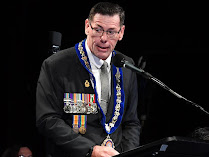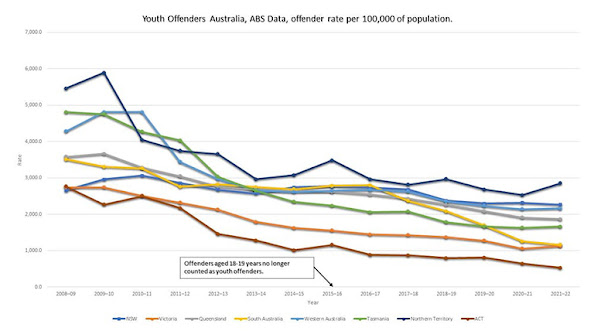 |
| Andrew Olle (Pic courtesy Australia media hall of fame) |
The other day, gentle reader, I listened to the Andrew Olle Memorial lecture, given this year by Fran Kelly.
It was an excellent address, and coincided with the ABC's online platforms releasing a major restructure of their news and information offerings. One of the features of this reorganisation is the capacity for consumers to tailor content based on their interests.
On the face of it, this would seem to be a great way to develop and maintain an audience.
But after listening to Kelly's address, I began to consider a downside to this capacity of consumers to narrow their choices, based on her concept of a shared audience. Reflecting on her seventeen years of breakfast radio, she described the great sense of community that develops around broadcast radio.
She talked about the variety of listeners, the early morning joggers, the tradies on site setting up a job, the parents driving the school drop, the farmers on their harvesters, and the retirees enjoying a lie in, as participants in this community.
She's right, of course, as live radio is a medium that (unlike this one) allows you to move through your daily tasks whilst maintaining your participation.
You can flick seamlessly using whatever app works, from mobile phone, to car audio, to radio, without the listening process interfering with the task at hand.
I thought about that against the context of the new ABC online platform which allows you to concentrate narrowly on your own set of topics, and wondered what that would do to the sense of a shared community embedded in broadcast radio.
Surely, there will be a trend from broadcasting to narrowcasting (if such a word exists), which is anathema to community.
This move by the ABC is no doubt directed by a belief that the national broadcaster is competing with the other networks for the listener's ear. I'm not sure it is, and whether a redevelopment of the platform will make any difference.
Frankly, I believe the people determining the future of the ABC should listen to the parts in her address dealing with the threat of misinformation to the listener, and spend time and money on combatting that.
Otherwise, the prediction given in her address that within five years 90% of what is posted on the internet will be AI generated fakery*, may well come to pass.
*see 41.20 in the address.






































